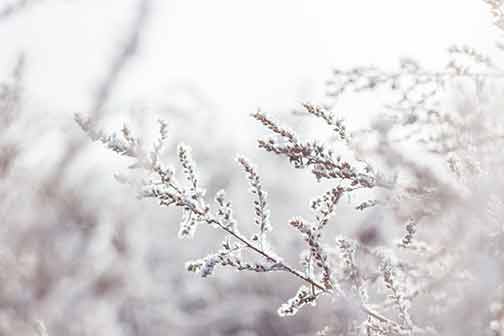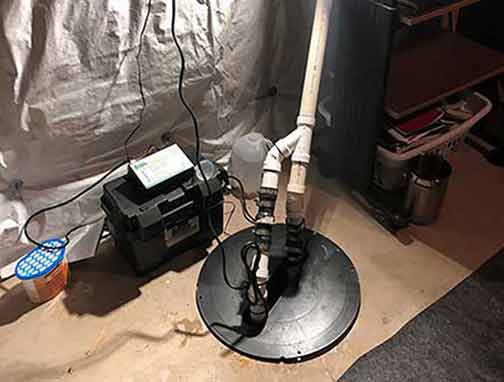
Winter is a beautiful season with its blanket of snow and holiday cheer. However, it also brings frigid temperatures that can wreak havoc on your plumbing system. One common problem homeowners face during this time is clogged drains, which can lead to severe issues like burst pipes and water damage. To avoid such plumbing emergencies, it is essential to take preventive measures and winterize your plumbing. Here we will discuss some useful tips to keep your drains clear and your plumbing system functioning optimally during the cold weather.
Insulate Exposed Pipes
During winter, pipes that are not properly insulated can freeze and cause blockages in your drainage system. To prevent this from happening, it is crucial to insulate any exposed pipes in your home. Start by identifying vulnerable areas such as attics, basements, and crawl spaces. Use insulating sleeves or foam to cover these pipes and protect them from the freezing temperatures. This insulation will not only prevent blockages but also conserve energy by reducing heat loss.
Keep a Consistent Temperature
Fluctuating temperatures can lead to pipe corrosion and subsequently clogged drains. To maintain a consistent temperature in your home, even when you’re away, set your thermostat to a minimum of 55 degrees Fahrenheit. This temperature will prevent your pipes from freezing and keep the water flowing smoothly through your drainage system. If you plan to leave your home for an extended period, consider draining the water supply and shutting off the main valve to avoid any potential damage or blockages.
Clear Debris from Gutters and Downspouts
Gutters and downspouts play a crucial role in diverting rain and melting snow away from your home. However, they can become easily clogged with leaves, twigs, and debris during winter. When gutters and downspouts are blocked, water backs up and can overflow, potentially damaging your foundation and causing drain blockages. Regularly inspect and clean your gutters and downspouts to ensure the water is flowing freely and away from your home.
Dispose of Grease Properly
During colder months, there’s nothing more comforting than warm, hearty meals. However, disposing of grease and oil down the drain can quickly lead to clogs and blockages. Grease solidifies when it cools and can cling to the inside of your pipes, narrowing the diameter and causing debris to get caught. Instead of pouring grease down the sink, let it cool and dispose of it in a sealed container in the trash. This simple step prevents drain clogs and keeps your plumbing system in top shape.
Use Strainers in Your Sinks
Small particles like food scraps, hair, and soap residue can easily find their way into your drains, leading to clogs over time. A simple yet effective solution to prevent this is by installing strainers in your sinks and tubs. These inexpensive mesh screens catch debris and prevent it from entering your drainage system. Empty the strainers regularly to maintain their efficiency and keep your drains clear of any potential blockages.

Test Your Sump Pump
If your home has a sump pump, it is essential to test its functionality before the winter season. A sump pump helps prevent flooding by evacuating excess water from your basement or crawl space. To test it, pour a bucket of water into the sump pit and observe whether the pump activates and the water drains properly. If your sump pump fails to function correctly, consider calling a professional plumber to repair or replace your sump pump.
Avoid Using Chemical Drain Cleaners
Chemical drain cleaners may seem like an easy fix for a clogged drain, but they can cause more harm than good, especially during winter. These harsh chemicals can corrode pipes and damage your plumbing system. Instead, rely on natural alternatives such as a mixture of baking soda and vinegar or a drain snake to clear simple clogs. If you encounter persistent or severe drain blockages, it’s advisable to contact a local plumber.
Conclusion
Winterizing your plumbing is crucial to keep your drains clear and your plumbing system in perfect condition during the cold weather. Insulating exposed pipes, maintaining a consistent temperature, clearing debris from gutters, and disposing of grease properly are just a few tips that can help you prevent clogs and ensure the smooth operation of your drains. By following these easy preventive measures, you can avoid costly plumbing emergencies and enjoy a hassle-free winter season.

